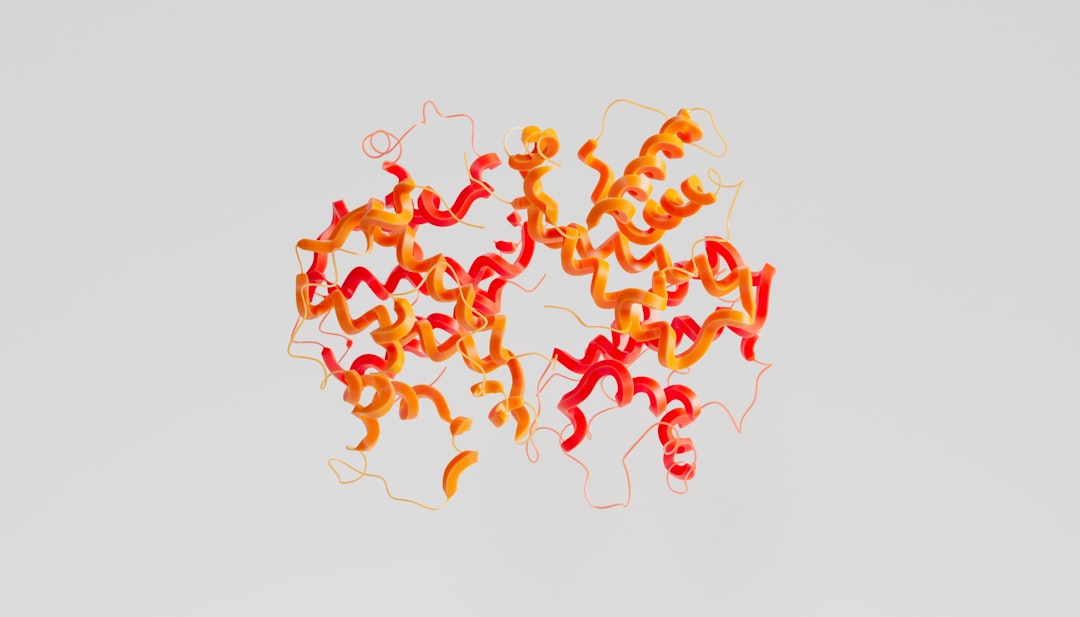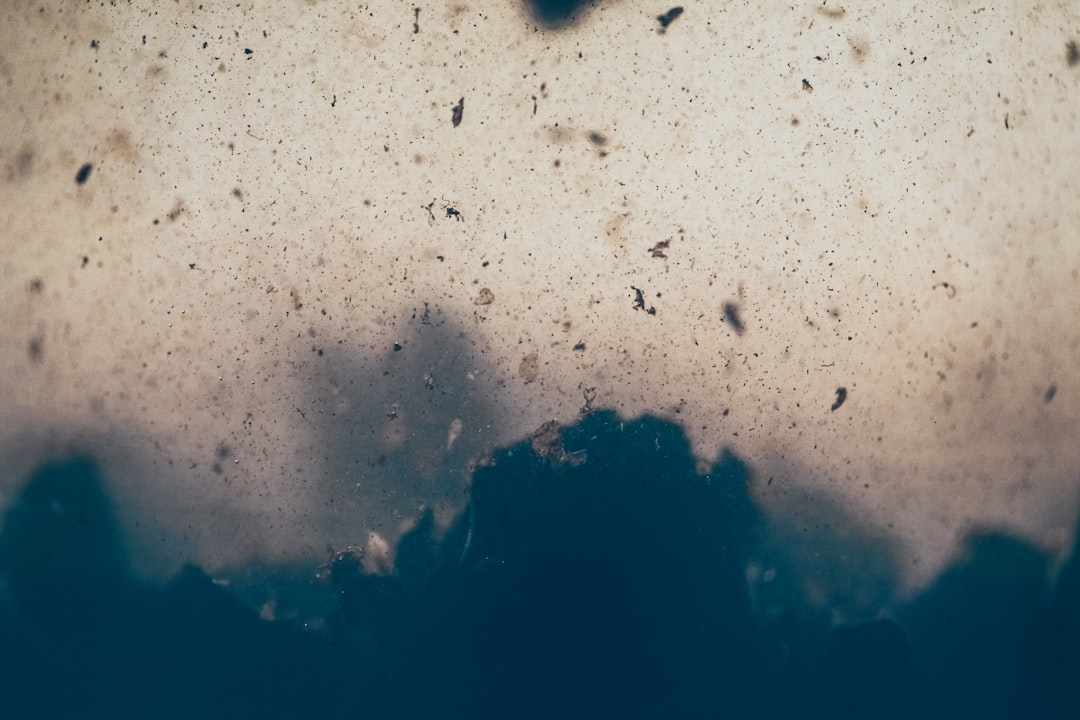What is it about?
The novel coronavirus (COVID-19 or 2019-nCoV) is a respiratory virus that can exist in the mouth and saliva of patients and spreads through aerosol dispersion. Therefore, stomatological hospitals and departments have become high-infection-risk environments. Accordingly, oral disinfectants that can effectively inactivate the virus have become a highly active area of research. Hexadecyl pyridinium chloride, povidone-iodine, and other common oral disinfectants are the natural primary choices for stomatological hospitals. Therefore, this study investigated the inhibitory effect of hexadecyl pyridinium chloride on SARS-CoV-2 in vitro. Vero cells infected with SARS-CoV-2 were used to determine the disinfection effect; the CCK-8 method was used to determine cytotoxicity, and viral load was determined by real-time PCR. The results showed that hexadecyl pyridinium chloride has no obvious cytotoxic effect on Vero cells in the concentration range of 0.0125–0.05 mg/mL.
Featured Image

Photo by Emin BAYCAN on Unsplash
Why is it important?
The in vitro experiments showed that hexadecyl pyridinium chloride significantly inhibits the virus at concentrations of 0.1 mg/mL or above at 2 min of action. Thus, the results provide experimental support for the use of hexadecyl pyridinium chloride in stomatological hospitals.
Perspectives
It is a great pleasure to write this article because it has a certain guiding significance for the prevention and control of COVID-19. This article also led me to know many experts and friends, and eventually attracted more people to participate in the research on COVID-19
Yanjun Zhang
Read the Original
This page is a summary of: Disinfection effect of hexadecyl pyridinium chloride on SARS-CoV-2 in vitro, Intervirology, September 2022, Karger Publishers,
DOI: 10.1159/000526241.
You can read the full text:
Resources
Contributors
The following have contributed to this page










